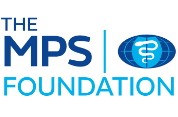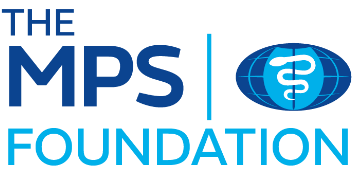Project title
Defensive medicine: Institution, practices, and emotional impact
Country
Ireland
Background
There seems to be a general agreement that defensive medical practice is a clinical reality for many doctors at some point in their career. After this there is divergence. The medical literature tends to emphasise stresses that arise from (real or perceived) legal or regulatory impositions that impel doctors to make self-protective choices that may not be in the interests of individual patients and that add cost and delays to the system. On the other hand, recent opinions from the courts (in the UK) and legal academics indicate that the medical discourse around defensive medicine (DM) is unpersuasive. Instead, it is regarded as a “jaded cliché” and may well be of benefit in protecting patients.
Problematically, there are multiple definitions of DM, there is no reliable measure of frequency or intensity, there are varied interpretations of what induces doctors to engage in DM practices, and while there is a lot of focus on patient outcomes and opportunity costs, there is very limited data on how engaging in DM affects doctors.
Read more about the study in Healthcare Today.
Summary
This is a qualitative study of defensive medical practice with multiple strands based in a single organisation. It involves doctors with differing levels of litigation risk (some of whom also practise in private medical institutions and takes place in a country with relatively high levels of medical litigation.
The study will also engage with those involved in high level medical management structures, both medically qualified and non-medical.
The research team at Trinity College Dublin, led by Professor Barry Lyons, wants to hear from doctors across all specialties, with varying levels of litigation risk.
The aim is to gain a deeper understanding of defensive medicine – how, where, and when it influences clinical practice and patient care. It will also explore the emotional impact it has on clinicians.
The survey will take approximately 10–15 minutes to complete – you can access it by clicking the link below:
Outcome
This project has four objectives:
1. To provide a comprehensive definition of DM and to interrogate causal factors.
2. To understand how, where, and when DM impacts on a doctor’s practice and patients.
3. To seek the reflections of those involved in clinical management structures on the practice of DM, and to examine how organisational factors affect clinician choices in respect of DM.
4. To evaluate how clinician emotions are engaged in DM, both as motivating factors for practice and as an outcome measure.

